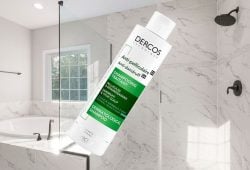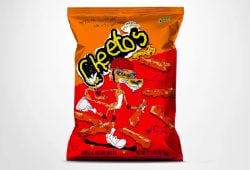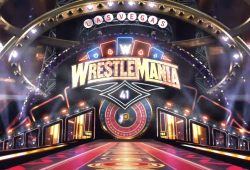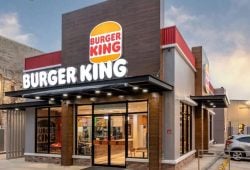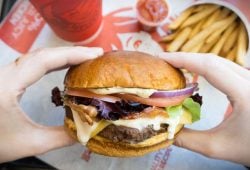-
As the company navigates the aftermath of the controversy, its commitment to reorganization and refocusing on consumer feedback will be crucial in regaining consumer trust and ensuring long-term success.
-
For Anheuser-Busch and other companies, the incident serves as a reminder of the need for thoughtful and inclusive marketing campaigns that resonate positively with diverse audiences.
According to information from The Epoch Times, Anheuser-Busch, the beer giant behind popular brands like Bud Light, recently confirmed its plans to lay off some of its employees as it faces the repercussions of a months-long boycott following a controversial marketing decision earlier this year.
The company cited the need for restructuring to simplify its organization and reduce layers within the company. While the statement did not mention whether Bud Light’s corporate division would be affected, it assured that frontline workers, such as brewery and warehouse staff, drivers, and field sales personnel, would not be impacted. The layoffs are expected to account for less than 2 percent of Anheuser-Busch’s total U.S. workforce, approximately 380 employees out of 19,000.
The Controversial Promotion
The boycott against Bud Light arose after the company collaborated with transgender influencer Dylvan Mulvaney in a marketing campaign that featured beer cans prominently displayed on social media during the NCAA basketball tournament. The move sparked an outcry from conservative influencers, celebrities, and news outlets, leading to calls for a boycott of the brand. In response to the backlash, Anheuser-Busch placed two employees on leave, including Alissa Heinerscheid, vice president of marketing for Bud Light, and Daniel Blake, vice president for marketing at Budweiser.
Boycott Impact on Sales
The repercussions of the advertisement campaign have been evident in Bud Light’s sales figures, with consistent year-over-year declines. The beer brand lost its No. 1 spot in sales to Modelo Especial, owned by Constellation Brands, during the months of May and June. Data from NielsenIQ revealed a significant drop in sales for Bud Light during a single week ending July 15, with a 26.1 percent decrease in volume compared to the previous week. As other beer companies like Miller Lite, Coors Light, Yuengling, and Modelo capitalized on the decline, Bud Light faced further challenges in regaining its market share.
Anheuser-Busch’s Response
Amid the boycott, Anheuser-Busch has remained focused on weathering the storm and reaffirming its commitment to its consumers and employees. CEO Brendan Whitworth emphasized the company’s dedication to brewing great beer for everyone, listening to their consumers, supporting their partners, and making a positive impact in the communities they serve. Despite the financial impact and calls for apologies, Mr. Whitworth asserted the company’s continued support for the LGBT community and the need to bring people together over a shared love for beer.
Florida Governor’s Legal Action
The boycott’s consequences extended beyond financial losses, prompting Florida Governor Ron DeSantis to consider legal action against Anheuser-Busch and AB InBev in response to the ill-fated promotion’s impact. AB InBev’s shares have declined by about 11 percent overall since April 1.
MUST Read Articles:
-
Bud Light Faces Challenges Amidst Controversy and Boycott, Increases Investment in Brand
-
Bud Light Continues to Experience Sales Decline with No Immediate Resolution in Sight
-
The Bud Light Controversy: Distribuitor Pleads with Consumers to Buy
-
Trump Slams Bud Light and Sparks Controversy: A Closer Look at the Boycott Movement





